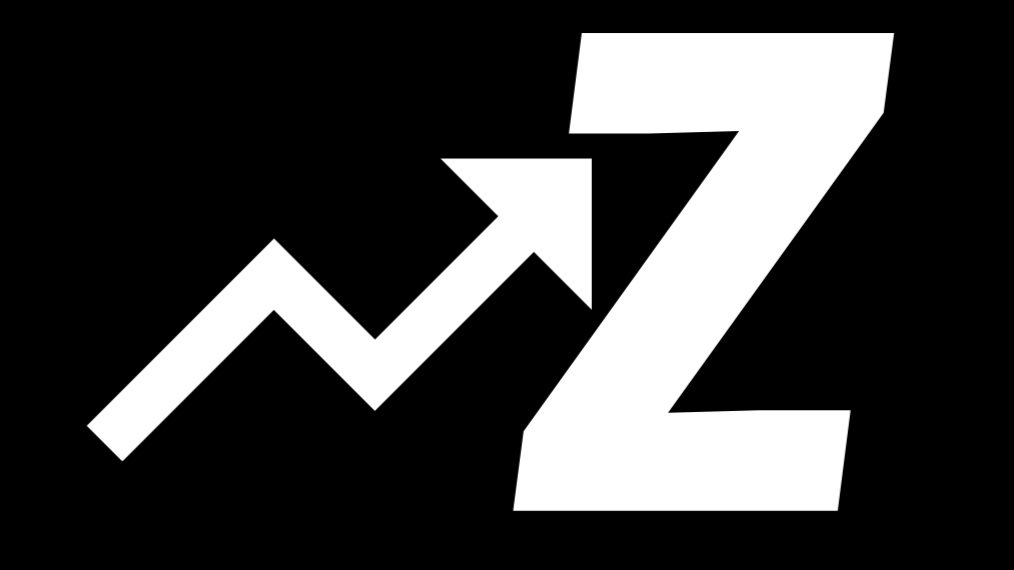Israel Seizes Gaza’s Rafah Crossing Amid Ceasefire Talks
The Israeli military has taken control of the Gaza Strip side of the Rafah border crossing with Egypt, escalating its offensive in the southern city amid uncertain prospects for a ceasefire deal with Hamas.
On Tuesday morning, one of Israel’s many brigades entered the Rafah crossing, a day after Hamas accepted a ceasefire proposal mediated by Egypt and Qatar. However, Israel stated the proposal did not meet its essential demands.
Situation in Rafah
Footage released by the Israeli military showed a tank entering the Palestinian side of the Rafah crossing, with Israeli flags visible. The military reported that its forces have been operating in eastern Rafah since Monday night.
Israel claims most people were evacuated from the military operation area, with instructions sent via Arabic text messages, phone calls, and flyers to move towards al-Mawasi on the Mediterranean coast, where a humanitarian zone has been set up. Overnight strikes resulted in the deaths of 20 Palestinians and injuries to several others, according to Palestinian health officials.
Reactions and Ceasefire Negotiations
The Israeli military justified seizing the Rafah crossing by citing intelligence that it was being used for "terrorist purposes." It claimed to have killed 20 fighters and destroyed Hamas infrastructure, although no immediate evidence was provided.
International reactions included calls from China and Jordan for Israel to stop its attacks on Rafah to avoid a severe humanitarian crisis.
Hamas announced it had accepted a ceasefire proposal from Egypt and Qatar, which includes a halt in fighting, withdrawal of Israeli troops from Gaza, and the release of captives. Israel, however, indicated that the proposal did not meet its requirements, though it agreed to continue negotiations in Cairo.
Impact on Aid
The Gaza Strip is now isolated, with aid shipments through the Rafah border crossing halted, raising fears of a looming famine. The crossing is the primary route for humanitarian aid and the exit point for the injured and foreign passport holders. Although Israel does not directly control the Rafah crossing, it monitors activity in southern Gaza.
Additionally, the Israeli military has closed the Karem Abu Salem (Kerem Shalom) crossing for security reasons, pledging to reopen it when the situation stabilizes. As the occupying power, Israel is obligated under international law to ensure the provision of food and medical care to the population and to facilitate the work of humanitarian organizations delivering aid.
Implications for the United States
For the United States, the situation presents a complex diplomatic challenge. As a key ally of Israel and a major supporter of peace efforts in the region, the US is under pressure to balance its strategic partnership with Israel and its commitment to humanitarian principles. The Biden administration has reiterated its support for Israel's right to self-defense while also calling for measures to protect civilians and facilitate humanitarian aid. The escalating conflict and Israel's control of the Rafah crossing complicate these efforts, potentially impacting US relations with other regional players and influencing its broader Middle East policy.
